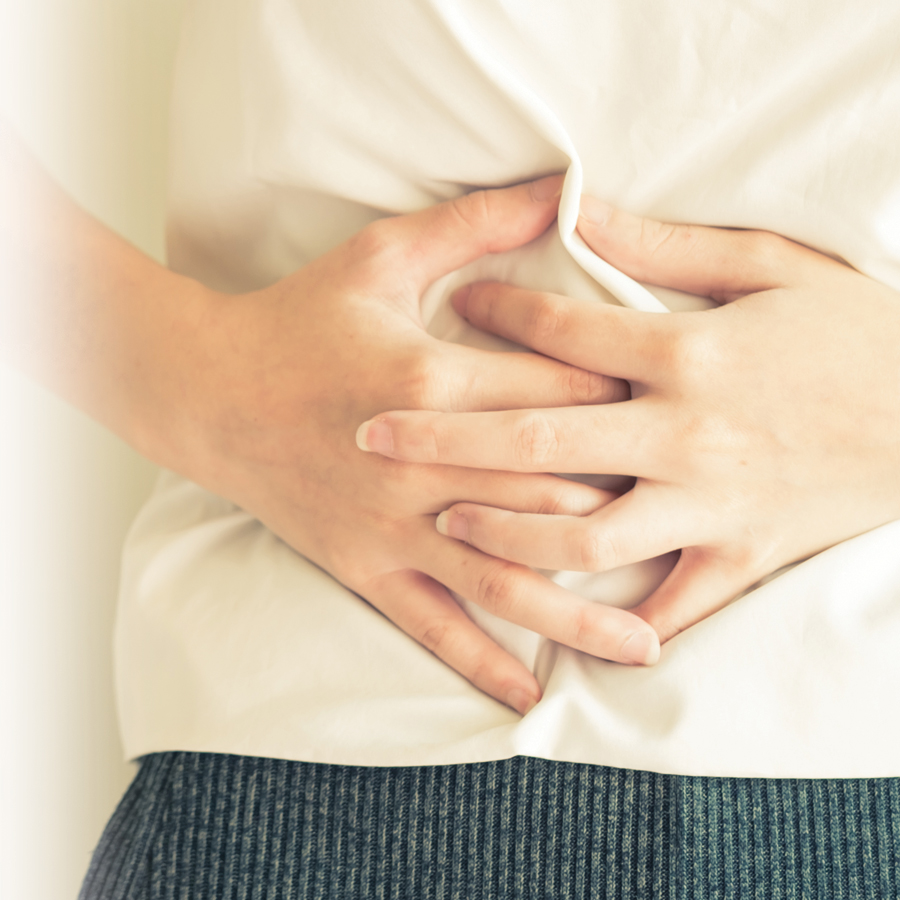You are probably familiar with gastroenteritis for having had it or knowing someone who has. With the right information, you can try to control it instead of having it happen to you!
What is gastroenteritis?
Gastroenteritis is an infection that affects the digestive tract, more specifically the stomach and the intestines. It causes inflammation, which leads to the symptoms that are known to characterize the infection.
Gastroenteritis is usually caused by a virus, which is transmitted from one person to another by direct contact or through contaminated objects. Epidemics of gastroenteritis, which are common in the fall and winter, usually originate from a virus.
Gastroenteritis can also be caused by bacteria. This type of infection is most often caused by eating contaminated food, such as:
- undercooked ground beef ( coliinfection)
- undercooked chicken (salmonellainfection)
- water, fruits and vegetables (especially in poor sanitary conditions)
In rare cases, gastroenteritis can be caused by a parasite.
What are the symptoms of gastroenteritis?
The main symptoms of gastroenteritis vary, but the most common are:
- diarrhea
- abdominal cramps
- nausea
- vomiting
- fatigue
- fever
- headache, and
- feeling of general malaise or weakness
Symptoms of gastroenteritis usually last between one and three days. The affected person remains contagious as long as symptoms are present and at least 48 hours after they have ended.
What is the basic treatment of gastroenteritis?
Although unpleasant, gastroenteritis is usually harmless. However, its main complication is dehydration, which can have serious consequences if left untreated. Therefore, the basic treatment for gastroenteritis is rehydration.
There are ready-to-use rehydration solutions available at the pharmacy. This type of solution replenishes the body with water, salt, and other elements it needs to function properly.
To avoid vomiting, it is preferable to start with small quantities of fluids. You can begin rehydration by taking a tablespoon of fluid every 10 minutes or so. Then, gradually increase the amount of fluids you take in. Ideally, you should drink between one and two litres of fluids per day (rehydration solution, juice, broth, etc.).
After a few hours of liquid diet and once symptoms have dissipated, you can gradually return to solid foods. It is best to start with easily digestible foods, such as white rice, soda crackers or toast.
If you are suffering from gastroenteritis, it is advisable to rest. This will help your body get over the hump more quickly.
What role does medication play?
When gastroenteritis is caused by a virus, it cannot be healed with medication. However, certain medications can be used to ease the typical symptoms of the infection such as fever, nausea, vomiting, and diarrhea.
Always speak to your pharmacist before taking any medication such as an antipyretic (against fever), antinauseant (against nausea or vomiting) or an antidiarrheal (against diarrhea). No matter what you take to get better, it is important to speak to a competent healthcare professional first.
When should I consult a doctor?
In most cases, gastroenteritis can be treated at home. However, some symptoms indicate that medical attention is required, including:
- bloody or dark stools
- bloody vomit (vomit can contain particles that resemble dark coffee grounds)
- severe vomiting and diarrhea lasting more than 24 hours
- absence of urine for more than 12 hours
- presence of any other unusual or worrisome symptoms (confusion, drowsiness, loss of consciousness, etc.)
Moreover, you need to watch for signs of dehydration. If you have any doubts, see a doctor promptly, as dehydration can have serious consequences, especially in babies, young children, pregnant women, and the elderly (among others). Signs of dehydration in babies and young children include:
- decreased urination
- lack of tears
- dry skin, mouth or tongue
- sunken eyes
- depression of the fontanelle (soft area on the top of a baby’s head)
In adults, signs and symptoms include:
- increased thirst
- dry lips, tongue, and mouth
- sunken eyes
- loss of skin elasticity (when pinched, skin is slow to regain its initial shape)
- decreased urination
Speak to your pharmacist for additional information about gastroenteritis and the ways to prevent and treat it.

